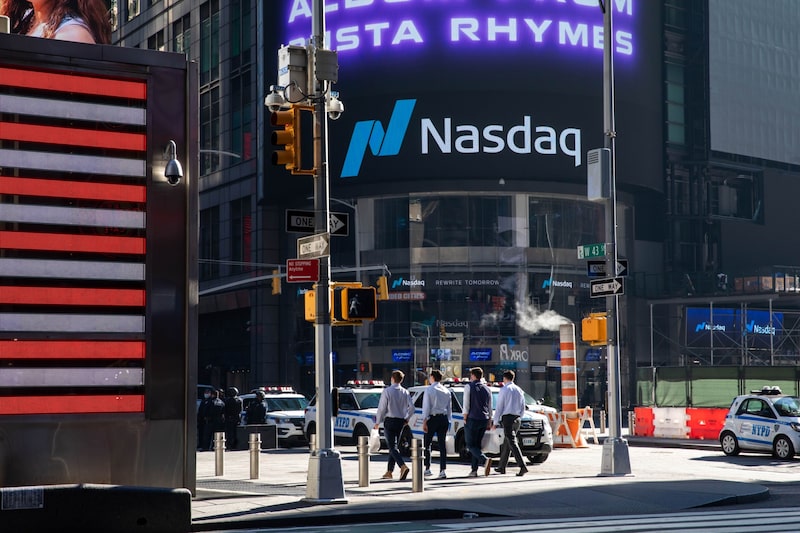Bogotá — Around 20 technology-based companies of Latin American origin and backed by private equity have gone public since 2019, and which has represented an opportunity for them to access a broader investor base and raise their profile on the international market, according to figures shared to Bloomberg Linea by the Association for Private Capital Investment in Latin America (LAVCA).
“So far, most of the companies that have been listed are from Brazil and we have not seen any IPO of a Colombian technology company. As the Colombian startup ecosystem matures, it is natural that we will eventually see IPOs by Colombian startups,” said LAVCA’s research director Emanuel Hernandez, in an interview with Bloomberg Línea.
The researcher pointed out that, as the market shows a significant correction since 2022, the association has also seen that “many companies have postponed their IPO plans, to wait for more favorable market conditions”.
Faced with the challenges of the current context, Paola García Barreneche, executive director of the Colombian Association of Private Equity (Colcapital), told Bloomberg Línea that the volatility currently present in the market has generated difficulties in making an accurate valuation of the shares of startups.
“This challenge implies a higher level of risk for both the companies carrying out an IPO and the investors interested in participating in the offering,” she said.
Likewise, given this juncture, she says that “companies going public will have a challenge raising the expected capital this year due to the low supply of interested investors. They will have to demonstrate that they can become profitable in the short term”.
In the Colombian case, 100% online supermarket Merqueo has already started procedures with the Stock Exchange Comission (SEC) to launch a stock offering that will allow it to list on Nasdaq in New York.
Meanwhile, protech Habi’s executives acknowledged in an interview with Bloomberg Línea that they are working to adopt global standards for public companies, and said that they could launch an IPO sometime in 2024.
And although in late 2021, Rappi co-founder Juan Pablo Ortega had said that the Colombian unicorn was preparing an IPO in the US, the delivery firm later said that those statements were the executive’s “personal feelings” and did not represent the company’s goals.
LAVCA’s director of research explains that, in general, there has been a trend of startups worldwide preferring to stay private for a longer period of time, a dynamic, he says, that responds to a greater number of investors who are willing to invest in private companies.
In addition, “from a more technical point of view, each stock exchange establishes its own requirements to determine which companies can be listed, so companies have to reach a certain scale and meet certain financial indicators, such as pre-tax earnings, cash flow, equity, and market capitalization,” Hernández said.
Because of the above, he believes that an IPO is not necessarily the right path for all startups.
“The IPO is not a goal, but rather a means that a company can use to continue its growth, it is an alternative that startups can consider and compare it with the opportunity cost of continuing with organic growth, accessing debt, or going to investors in a private round,” he added.
According to LAVCA’s records on IPOs by Latin American technology companies that have been financed by private equity funds (2019-2022), the countries that have contributed the largest number of companies is Brazil (14), and Argentina, Mexico and Uruguay (with one each).




